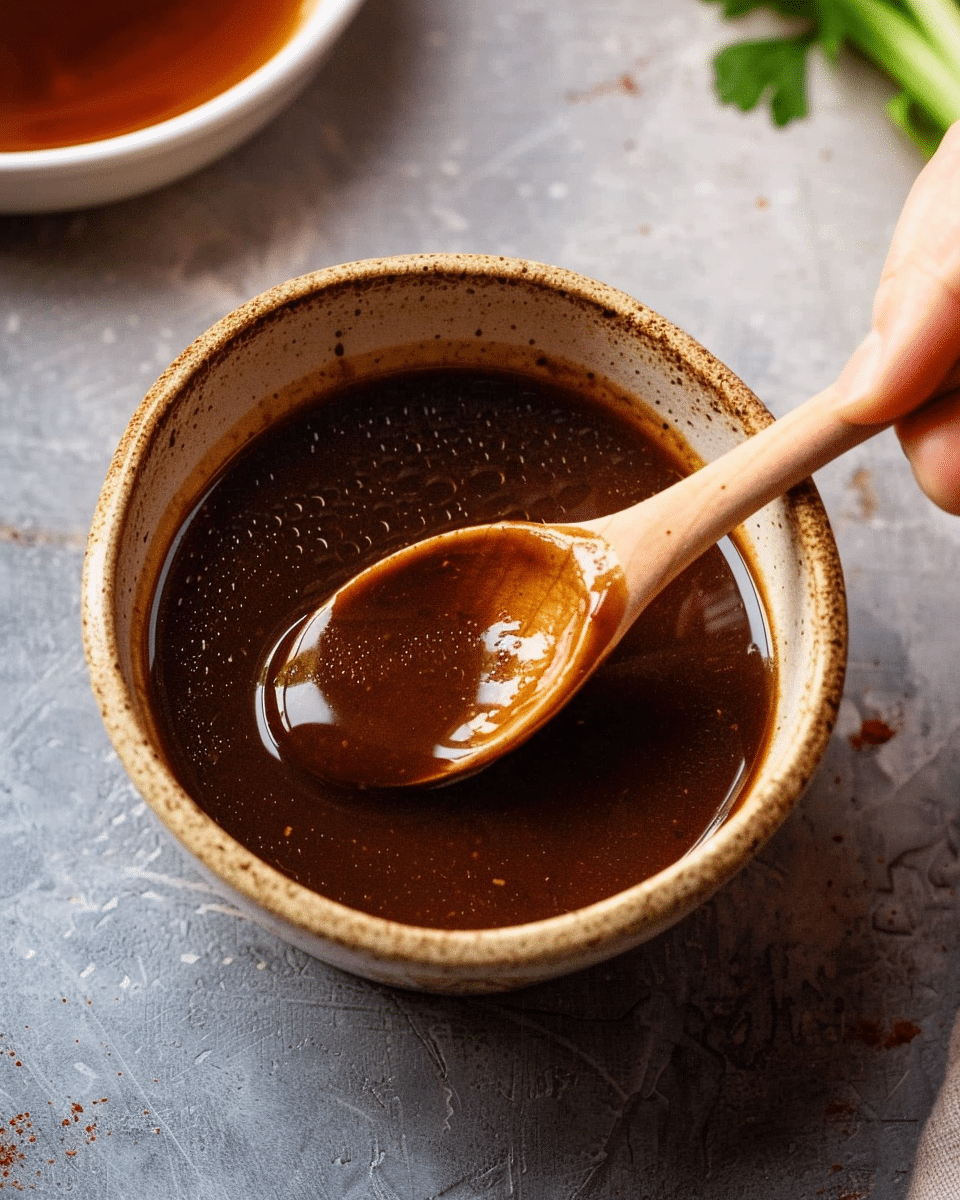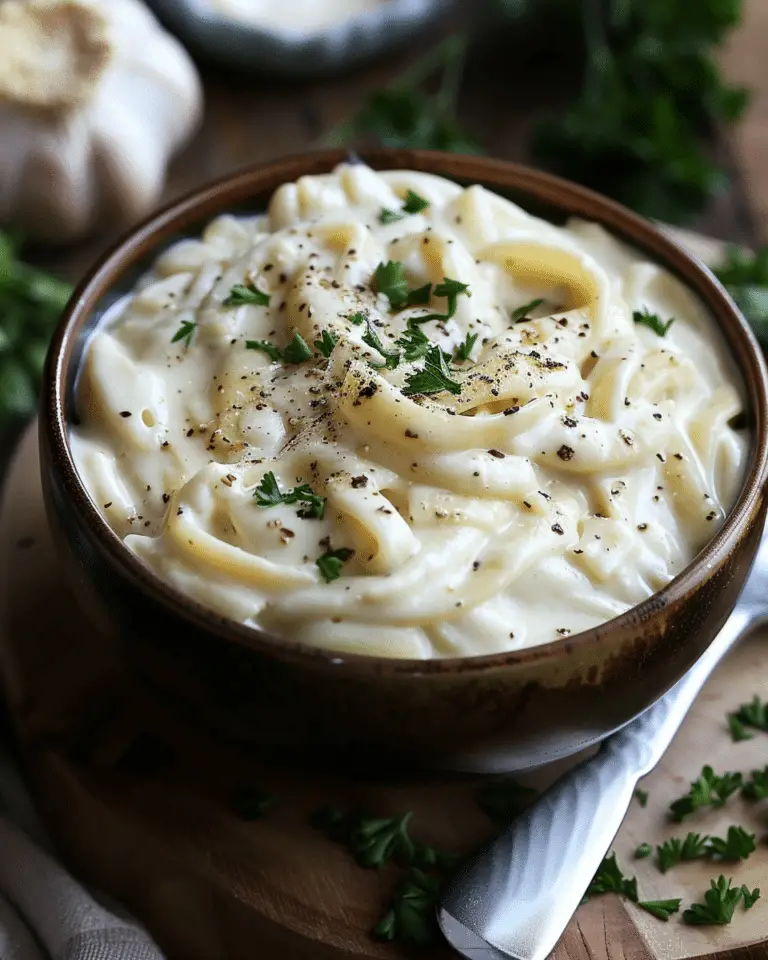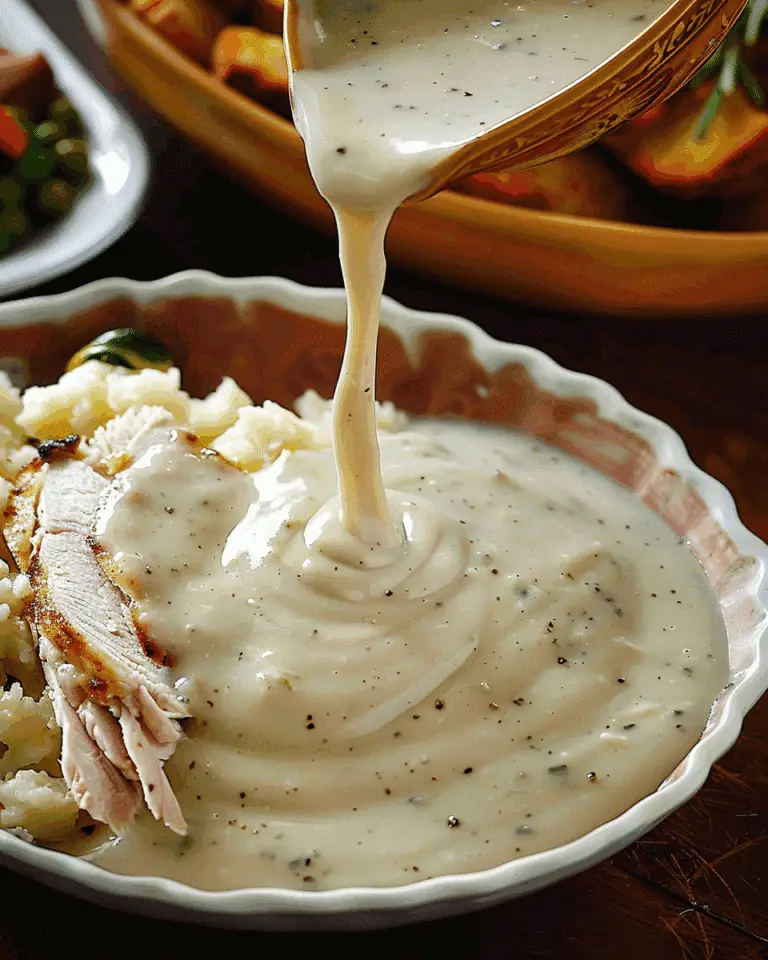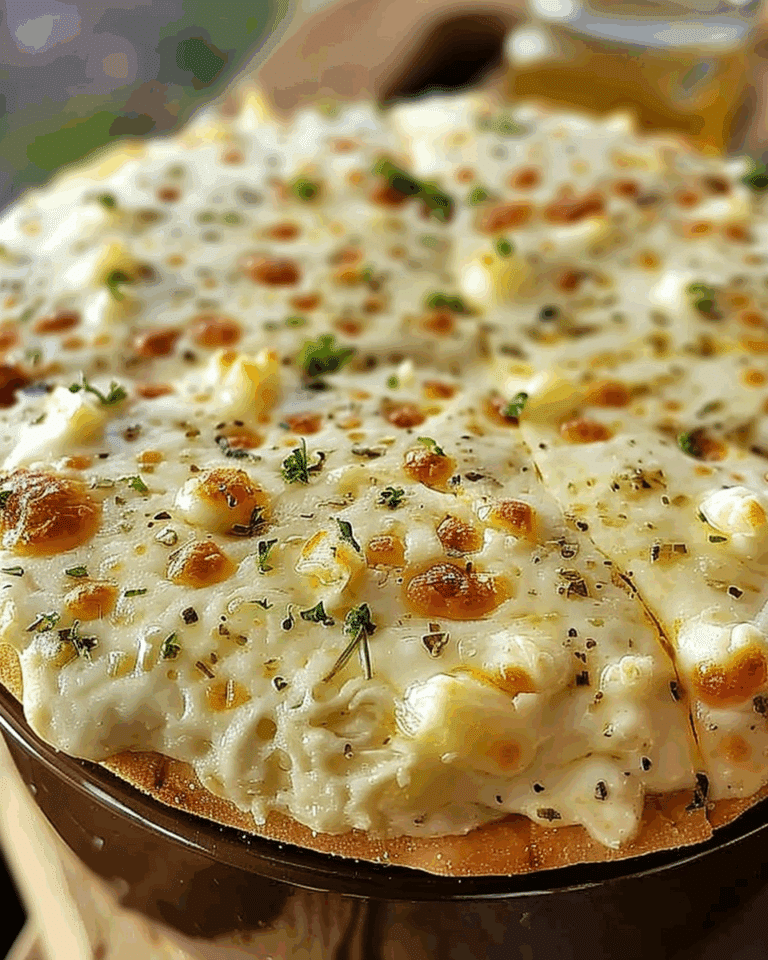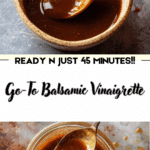Why You’ll Love Go-To Balsamic Vinaigrette Recipe
It’s made with just 4 simple ingredients and comes together in minutes—no bottled dressing required.
The Dijon mustard keeps the oil and vinegar emulsified for a creamy, cohesive consistency.
It’s incredibly versatile: perfect on salads, grain bowls, roasted vegetables, or even as a light marinade.
Naturally vegetarian, vegan, gluten-free, and dairy-free—suitable for nearly every dietary need.
Ingredients
(Tip: You’ll find the full list of ingredients and measurements in the recipe card below.)
2 tablespoons aged balsamic vinegar
2 tablespoons Dijon mustard
1 to 2 tablespoons pure maple syrup (or honey)
¼ teaspoon kosher salt
6 tablespoons olive oil
Directions
-
In a medium bowl, whisk together the balsamic vinegar, Dijon mustard, maple syrup (or honey), and salt until well combined.
-
Gradually whisk in the olive oil, adding it tablespoon by tablespoon to form a smooth emulsion.
-
Taste and adjust for sweetness or acidity if needed. Store in the refrigerator if not using immediately—shake or whisk again before serving.
Servings and timing
Prep time: ~5 minutes
Yield: About ½ cup of dressing
Variations
-
Use honey instead of maple syrup for a different sweet note.
-
Add a small amount of minced garlic, shallots, or finely chopped herbs like basil or thyme for more flavor.
-
Swap olive oil with avocado oil for a milder taste.
-
Use the vinaigrette as a marinade for chicken, tofu, or vegetables—let sit for at least 30 minutes.
Storage/Reheating
To store: Place in an airtight container or mason jar and refrigerate for up to 2 weeks.
If the oil solidifies in the fridge, bring to room temperature and shake or whisk to re-emulsify.
Do not freeze, as the emulsion may separate and not re-form properly after thawing.
FAQs
Is this dressing healthy?
Yes—it contains heart-healthy olive oil, natural sweeteners, and no preservatives or additives. You also control the ingredients.
What’s the best ratio of oil to vinegar?
The classic vinaigrette ratio is 3 parts oil to 1 part vinegar. This recipe uses 6 tablespoons oil to 2 tablespoons vinegar for a balanced flavor.
What type of balsamic vinegar should I use?
Choose a good quality aged balsamic vinegar from Modena (IGP). Avoid cheap, overly acidic versions and save the expensive traditional types for drizzling.
Can I use this as a marinade?
Yes—this vinaigrette makes a great marinade for meats, tofu, or vegetables. Let items soak for at least 30 minutes for best results.
Does this work if I leave out the mustard?
Dijon mustard is important for stabilizing the emulsion. Without it, the dressing may separate quickly. If you skip it, be prepared to shake before every use.
Can I make a larger batch?
Absolutely—just multiply the ingredients proportionally. Add the oil slowly while whisking to maintain a smooth, emulsified texture.
Is the dressing vegan?
Yes—as long as you use maple syrup instead of honey. It’s also gluten-free and dairy-free.
How do I know when to stop adding oil while whisking?
Stop when the dressing looks glossy, slightly thickened, and the oil no longer separates from the vinegar when you stop whisking.
Can I add fresh herbs or garlic?
Yes—minced garlic, shallots, or herbs like basil or thyme make great additions. Keep in mind this may slightly shorten the shelf life.
Conclusion
This Go-To Balsamic Vinaigrette delivers rich, sweet-tangy flavor with just a few pantry staples and no preservatives. Its creamy texture and versatile use make it a must-have for salads, vegetables, and even marinades. Once you master this simple dressing, you’ll never need to reach for the bottled version again.
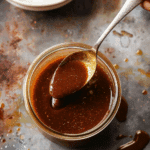
Go-To Balsamic Vinaigrette (4 Ingredients!)
5 Stars 4 Stars 3 Stars 2 Stars 1 Star
No reviews
- Author: Mia
- Total Time: 5 mins
- Yield: 3/4 cup (about 6 servings)
- Diet: Vegan
Description
This Balsamic Vinaigrette is a simple, tangy, and slightly sweet dressing that’s perfect for salads, roasted vegetables, and more. Made with just a few pantry staples, it comes together in minutes and adds bold flavor to any dish.
Ingredients
- 1/4 cup balsamic vinegar
- 1 tablespoon Dijon mustard
- 1 tablespoon maple syrup or honey
- 1/2 teaspoon kosher salt
- 1/4 teaspoon freshly ground black pepper
- 1/2 cup extra-virgin olive oil
Instructions
- In a medium bowl or jar, whisk together the balsamic vinegar, Dijon mustard, maple syrup (or honey), salt, and pepper.
- Slowly drizzle in the olive oil while whisking continuously, until the dressing is fully emulsified.
- Alternatively, add all ingredients to a sealed jar and shake vigorously until well combined.
- Taste and adjust seasoning as needed. Store refrigerated in a sealed container for up to 1 week. Shake before each use.
Notes
- Use high-quality balsamic vinegar and olive oil for the best flavor.
- Maple syrup gives a subtle depth, while honey adds a more traditional sweetness—use whichever you prefer.
- This dressing pairs well with mixed greens, arugula, goat cheese, berries, or roasted vegetables.
- Prep Time: 5 mins
- Cook Time: 0 mins
- Category: Condiment
- Method: Whisking
- Cuisine: Italian
Nutrition
- Serving Size: 2 tablespoons
- Calories: 160
- Sugar: 2g
- Sodium: 150mg
- Fat: 17g
- Saturated Fat: 2.5g
- Unsaturated Fat: 14g
- Trans Fat: 0g
- Carbohydrates: 3g
- Fiber: 0g
- Protein: 0g
- Cholesterol: 0mg

